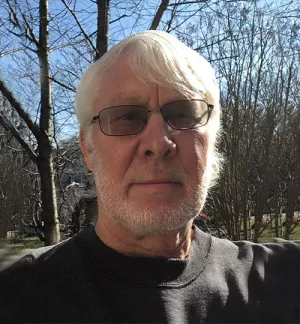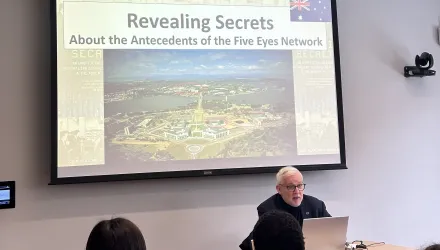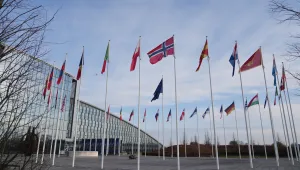It is a deeply shared feeling within the ranks of the CIA that the secret nature of intelligence work, with the extraordinary powers that accompany it, demands officers who possess the highest standards of morality and ethical conduct. It requires people who can reliably separate right and wrong in the daily practice of deception and espionage. In such a wilderness of mirrors, making moral-based decisions is tested routinely, often in far flung, hostile regions of the world, where there may be no rule of law, no freedom of speech, and no democratic institutions. It should thus come as no surprise that CIA officers generally develop a unique appreciation for American values in the course of a lifetime defending them. They learn the lesson that truth-based democratic ideals are precious, worth fighting for, and even worth dying for.
In being exposed to the brutalities of the world, intelligence officers also tend to develop a keen sense that their profession is a necessary evil in a democratic society. They understand that secrecy should be barely tolerated, and never embraced. They readily accept that accountability is of supreme importance, independent oversight is crucial, and abuses of power and violations of ethical standards must be handled swiftly, surely, and transparently.
If our response to the 9/11 attacks is in essence about establishing moral authority, at home and abroad, then the current debate on interrogation and torture misses the mark by focusing on whether certain interrogation methods worked, and whether the information that was obtained proved valuable. In my view, the enduring question is whether a small group of people in power have the right to redefine the nature of America's core values and ideals through policy decisions made under the cover of secrecy. How much authority are we prepared to yield, under what circumstances, and for how long are we willing to suspend transparency before decisions affecting our fundamental values are validated by the American people?
Like the definition of torture itself, the answers to such questions may not be as easy as we think.
My own search for answers was influenced by a mid-2003 appearance in front of the Weapons of Mass Destruction Commission headed by Judge Silberman and Senator Robb. In replying to questions concerning the effectiveness of CIA interrogations of senior al Qa'ida detainees, I stated that to my knowledge, which was indirect, CIA's activities had been approved in writing by the Department of Justice and that Congress had been duly informed. Not satisfied, Senator McCain asked for my assessment on the value of information obtained through interrogation. I noted that it was valuable, but limited. I explained that American intelligence has little experience in interrogation methods, and I'm not aware of ways to force someone to tell the truth. Consequently, I assumed all reporting was a mix of fact and fiction until it had been independently corroborated.
But that really wasn't the Senator's point: how far were we willing to go to obtain information? I replied that I knew no CIA officer who would knowingly violate U.S. laws and American values in his efforts to defend them. Judge Silberman jumped in to question what I would do if we captured an operative who was part of an al-Qa'ida team preparing to set off a nuclear bomb in Chicago? My response -- that I wouldn't do anything that had not been approved in advance and that was inconsistent with US law as well as with our moral values -- was not entirely satisfying, even to me.
After the session, Judge Silberman approached me to apologize "for engaging in a bit of intellectual sophistry." His point, he explained, was to raise the very real quandary officers may face if sufficient thought is not paid in advance as to what should be done in such an extreme situation. Such questions cannot be left to individuals to decide in the heat of the moment. They cannot be left to be answered by a small group of people who happen to hold the burden of power at a moment of truth. Rather, our government must arrive at a broad and explicit agreement with the American people as to how far we are willing to go to preserve our freedoms. Until then, this will remain a weak spot in our defenses of being prepared for the next round of post 9/11 terrorist violence.
Mowatt-Larssen, Rolf. “The Price of Freedom.” The Huffington Post, May 12, 2009





